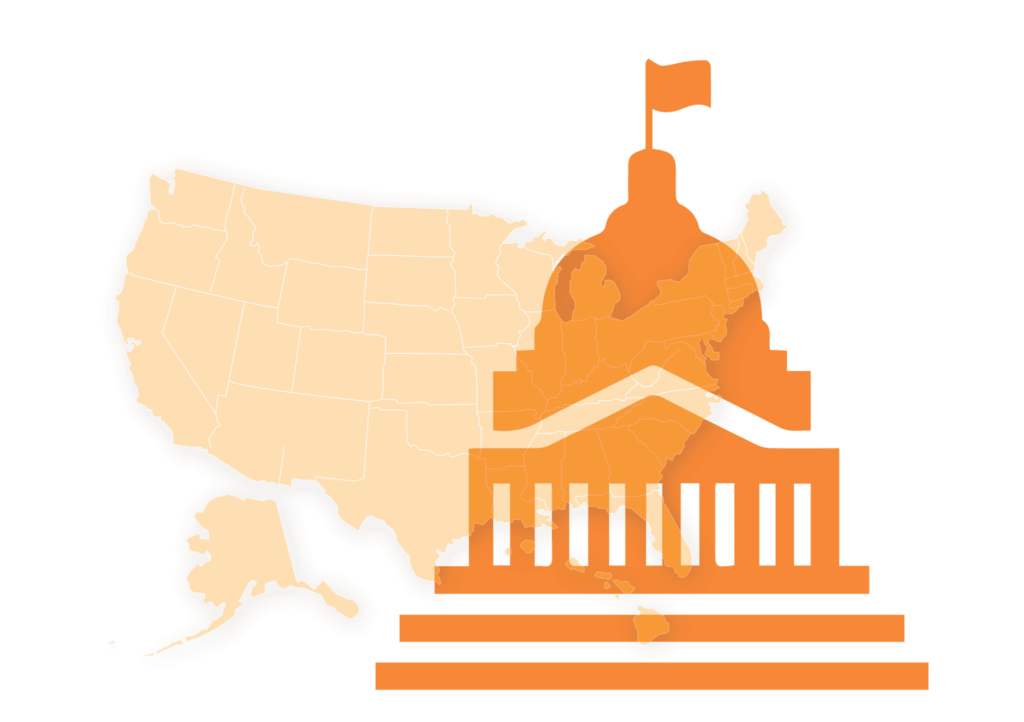Statement from EdTrust on HR6951
Statement from Augustus Mays, vice president of partnerships and engagement of EdTrust on the College Cost Reduction Act

FOR IMMEDIATE RELEASE
CONTACT:
media@edtrust.org
202-731-9582
Statement from Augustus Mays, vice president of partnerships and engagement of EdTrust on the College Cost Reduction Act
WASHINGTON — EdTrust is deeply concerned by several policy changes contained within HR 6951, the College Cost Reduction Act (CCRA), a partisan bill advanced out of the House Education and Workforce Committee yesterday. It is especially disheartening to see provisions that would eliminate the immediate possibility for loan cancellation and terminate repayment plans designed to prevent lifelong debt burdens for borrowers and help them manage their monthly repayment obligations. These proposed changes to repayment, combined with those limiting federal aid accessibility, are set to impact Black borrowers disproportionately, exacerbating existing inequalities within our higher education system. By driving students toward the private loan market — known for its high-interest rates and lack of income-based repayment options — Congress is effectively erecting financial barriers that deter students from pursuing their educational aspirations to the fullest.
Additionally, the deregulatory shifts contained in the CCRA would dismantle nearly all recent consumer protections for borrowers — counteracting progress on the need to curb bad actors within the educational lending sector. These changes, if enacted, would remove critical safeguards and could empower unscrupulous actors, who have historically preyed upon the vulnerability of students seeking to finance their education.
Finally, it is important to acknowledge the positive strides the bill does make in data collection, the inclusion of some helpful adjustments to the aid and repayment systems, and the introduction of the Postsecondary Student Success Grant program. EdTrust believes that while these developments are a step in the right direction, there remains a significant need for further action. To truly serve all students, we must reject any changes that would increase their financial burdens. Instead, we urge Congress to double the Pell Grant and establish a federal-state partnership aimed at achieving debt-free college instead of moving forward with this partisan package.
As advocates for education equity, and as a voice for students of color and students from low-income backgrounds, EdTrust stands ready to work with policymakers to ensure that educational progress and financial accessibility remain at the forefront of our higher education system.
###